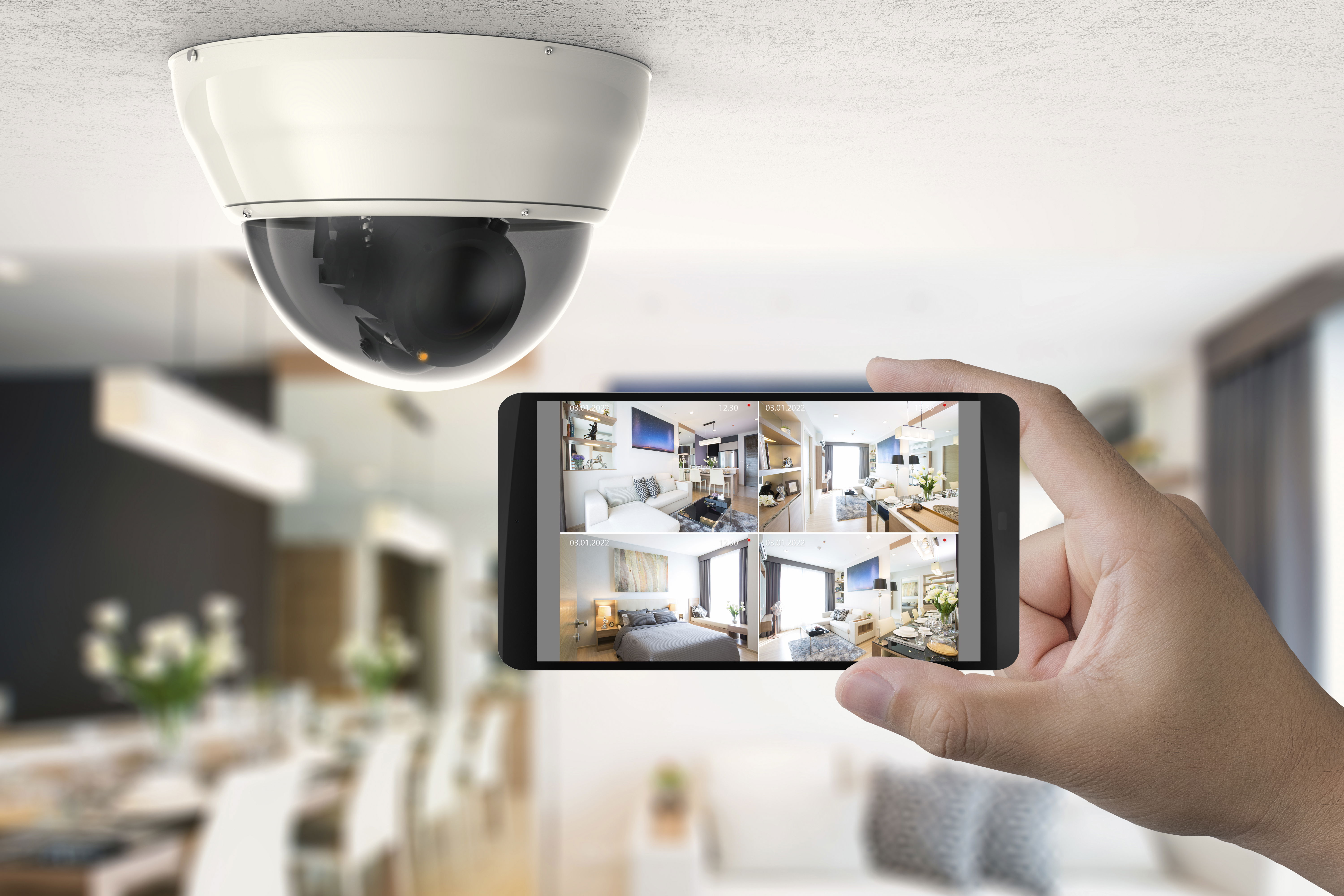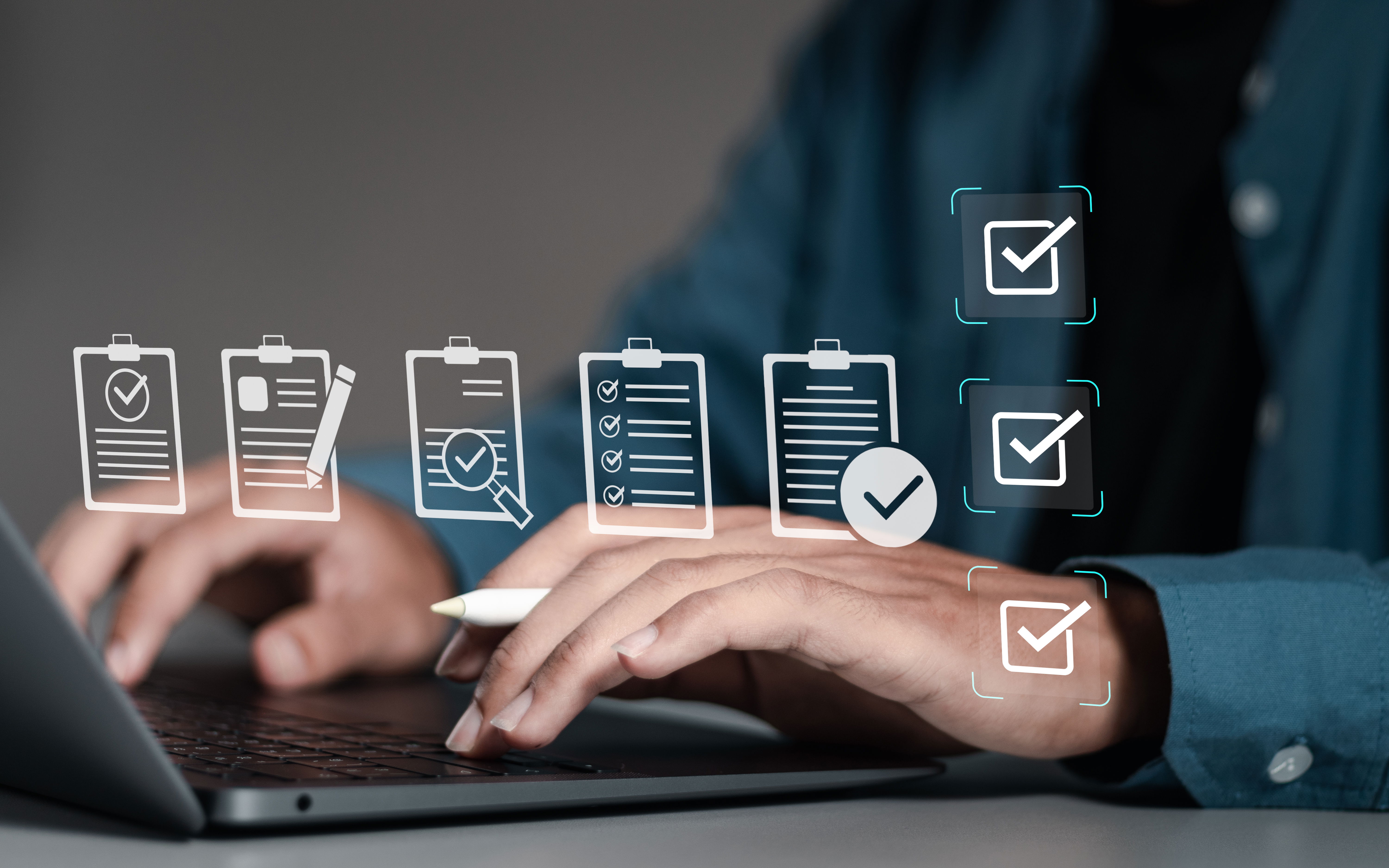Property Management and Security: A Comprehensive Guide
Section 1: The Importance of Surveillance in Property Management
Understanding Surveillance Systems
Surveillance systems are the cornerstone of modern property security. These systems typically include:
- CCTV Cameras: High-definition cameras that monitor and record activities around the property.
- Motion Detectors: Sensors that trigger alarms or recordings when movement is detected in specific areas.
- Access Control Systems: Electronic systems that restrict access to certain parts of the property to authorized personnel only.
Benefits of Surveillance Systems
- Deterrence: Visible cameras and signage can deter potential criminals.
- Evidence Collection: Recorded footage can be crucial in investigating incidents and providing evidence for legal proceedings.
- Real-Time Monitoring: Property managers can monitor activities in real-time, allowing for quick responses to any suspicious behavior.
Tips for Effective Surveillance

- Strategic Placement: Install cameras at entrances, exits, and high-traffic areas to maximize coverage.
- Regular Maintenance: Ensure cameras and sensors are regularly checked and maintained to avoid technical failures.
- Integration: Use integrated systems that connect surveillance with other security measures like alarms and access control.
Section 2: The Role of Guard Security in Property Management
Responsibilities of Security Guards
Security guards play a vital role in maintaining safety and security on the property. Their responsibilities include:
- Patrolling: Regular patrols to monitor and secure different areas.
- Access Control: Checking and verifying the identities of individuals entering the property.
- Emergency Response: Acting quickly in emergencies, such as fires, medical incidents, or security breaches.
Benefits of Guard Security
- Human Presence: The presence of security personnel can provide reassurance to tenants and deter potential threats.
- Immediate Response: Guards can respond to incidents immediately, potentially preventing escalation.
- Customer Service: Security guards can also assist tenants and visitors, enhancing their experience on the property.
Tips for Effective Guard Security
- Training: Ensure guards are well-trained in both security protocols and customer service.
- Communication: Equip guards with reliable communication tools to stay connected with the property management team.
- Visibility: Make guards visible through uniforms and strategic placement to enhance their deterrent effect.

Section 3: Reporting Systems for Property Management
Types of Reporting Systems
Efficient reporting systems are essential for documenting incidents, tracking security performance, and making informed decisions. Common reporting systems include:
- Incident Reports: Detailed documentation of any security incidents, including dates, times, and involved parties.
- Patrol Reports: Records of guard patrols, including areas covered and any observations made.
- Maintenance Reports: Logs of maintenance activities for security equipment and infrastructure.
Benefits of Robust Reporting Systems
- Accountability: Clear documentation holds security personnel accountable for their actions.
- Analysis: Analyzing reports can reveal patterns and areas needing improvement.
- Compliance: Helps ensure compliance with legal and regulatory requirements.
Tips for Efficient Reporting

- Digital Systems: Use digital reporting systems for easier data entry, storage, and retrieval.
- Real-Time Updates: Implement systems that allow for real-time updates and notifications.
- Consistency: Ensure all personnel are trained to complete reports accurately and consistently.
QR Patrol can significantly enhance real-time property management by offering a comprehensive mobile solution for guard tours and patrol monitoring. This system improves accountability, ensures thorough coverage of the property, and facilitates quick responses to any security issues, thereby elevating the overall efficiency and effectiveness of property management operations. For more information, visit QR Patrol.


